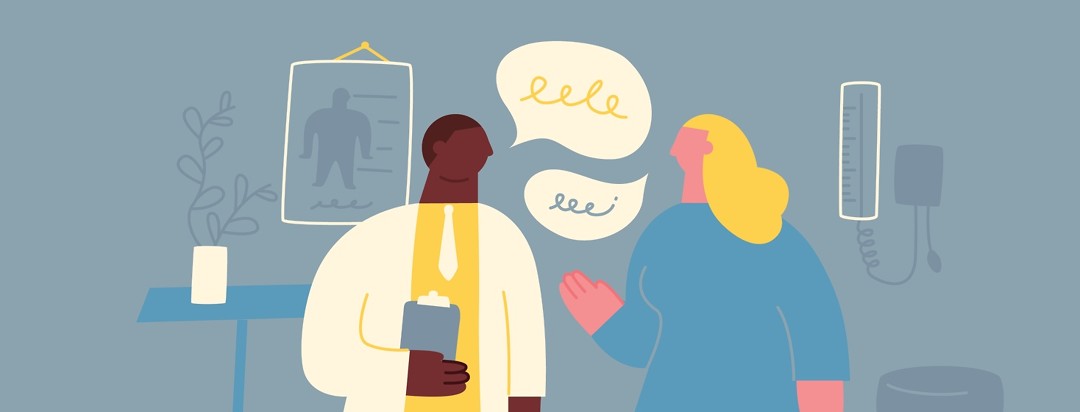My Top Questions to Ask Your Oncologist
I was overwhelmed anticipating my first appointment with my oncologist. Even as an experienced RN, I was totally out of control and fearful. Bringing a notebook and writing all questions and thoughts helped me prepare for my appointment.
I would recommend bringing a friend or family member as a second set of eyes and ears. Unfortunately, I went alone and would have appreciated my husband’s calm manner. This mistake was not made again when I went for a second opinion.
Questions to ask your oncologist
In order to manage your care, knowledge and understanding are extremely important. Every detail will assist you in making an informed decision as to treatment. A list of questions can help the cancer patient organize the facts. Carefully write the answers to assist in your understanding of the situation and your options.
What type of cancer do I have and what stage is it? The physician will explain where it is located and what stage is the cancer. Stage refers to the extent or severity of the disease and helps the doctor decide what type of treatment to plan.What are my treatment options?The goal of treatment will be explained. This may range from eliminating the cancer entirely, slowing its growth, or improving the quality of life for the patient’s remaining days. The physician will explain possible risks and side effects, and the advantages and disadvantages of each type of treatment. In my situation, the physician recommended a “watch and wait” approach, as early treatment did not affect the long-term survival. I found this difficult to understand. How could I have cancer and not treat it? I reviewed the literature and obtained a second opinion as recommended by my oncologist. Both physicians concurred. After one year my follicular lymphoma continued to grow and I began chemotherapy.Is there a clinical trial appropriate for this cancer?Cancer patients who participate in a clinical trial can receive cutting edge therapy and help contribute to our understanding of how to best treat different blood cancers. My oncologist suggested I visit a tertiary care center to evaluate whether I was a candidate. While I could not participate in a trial, I did benefit from the latest research on how to treat my cancer and received state-of-the-art care. After treatment ends, what kind of follow-up care do I need?The physician will indicate the frequency of follow-up diagnostic tests, what signs and symptoms to report and any long-term side effects or late effects based on the cancer treatment. I initially saw the oncologist every three months with a CT scan every six months. I have graduated to have my CT scan annually.After the initial cancer diagnosis, there is often a period of disbelief. Once the diagnosis has been accepted, every cancer patient needs to seek information by asking pertinent questions of the oncologist. It is important to talk honestly with your oncologist and be sure that you understand what has been said. Don't hesitate to ask for something to be repeated or to take notes during your appointments. I recommend that every newly diagnosed person ask the above questions.Community Poll
Have you taken our In America Survey yet?

Join the conversation